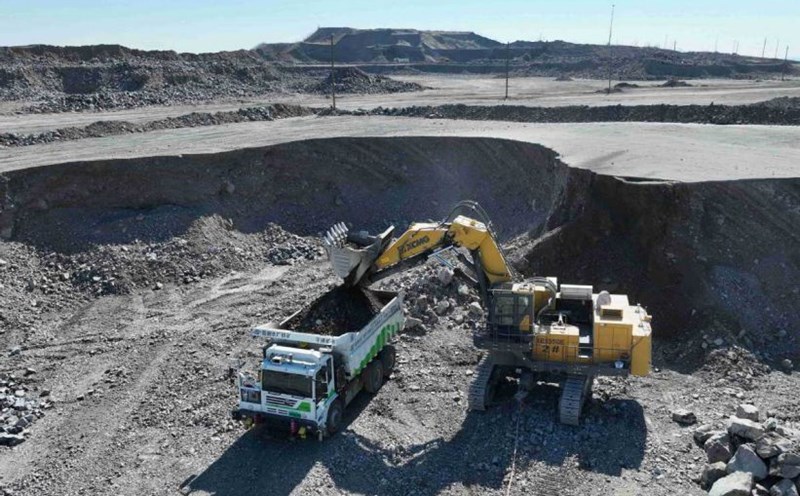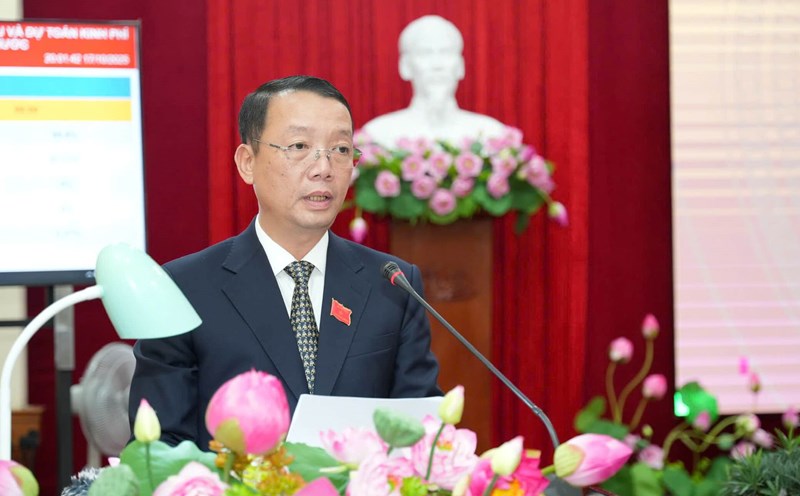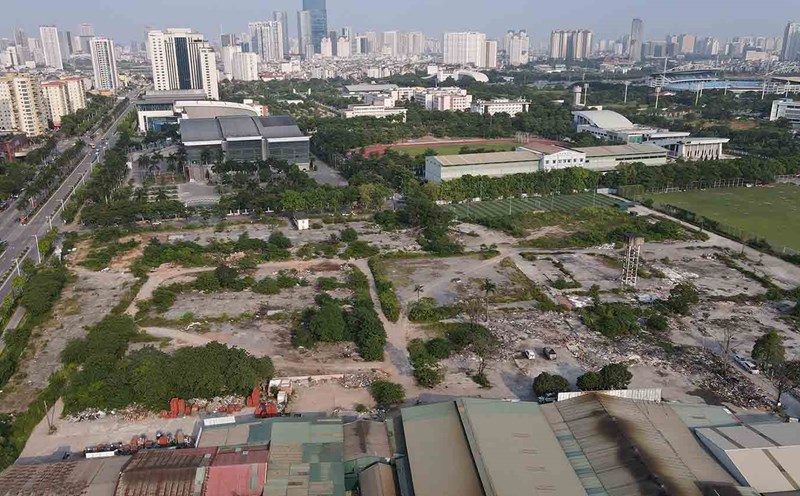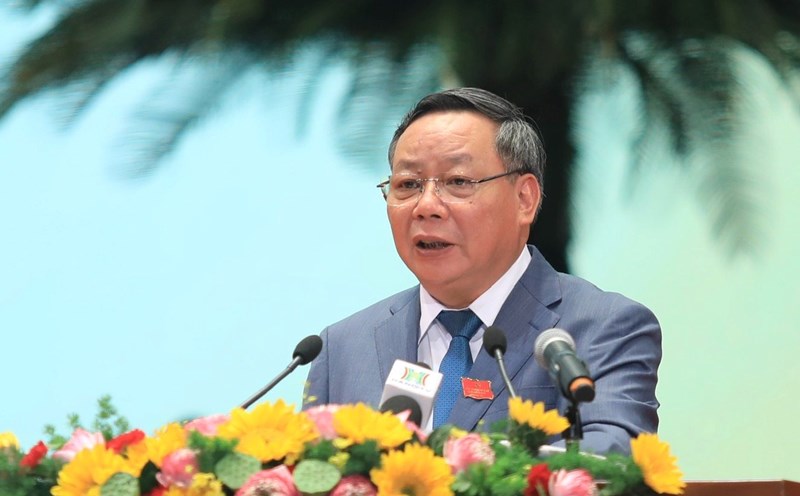On October 16, US-China trade tensions escalated as the two sides fought fiercely over China's rare earth control measures.
The US called the measures a "power acquisition in the global supply chain" and suggested that the tariff "war" deal could be extended if China cancels it.
In response, Chinese Ministry of Commerce spokesman He A Dong completely denied the allegations. She accused the US of being the one to "corrupt and exaggerate" the issue to deliberately cause panic. However, she also affirmed that applications for rare earth export licenses for civil purposes will still be approved if they comply with regulations.
The latest tensions are believed to stem from the US Commerce Department's surprise expansion of its "Purpose List" in late September, targeting Chinese companies accused of using subsidiaries to circumvent export restrictions on chip manufacturing equipment and other high-tech products.
For its part, China believes that its export control measures are in line with international practices and not too much compared to the US because the US control list has more than 3,000 items, compared to only 900 in Beijing.
The arms race does not stop at policy but also moves to individual attacks. On October 15, US Treasury Secretary Scott Bessent described China's main trade negotiator, Mr. Li Cheng Qiang, as "slightly uncontrollable" and "inspectable". Mr. Bessent accused Mr. Ly of threatening to cause chaos to the global system if the US raises port fees.
In response, spokesperson Ha A Dong affirmed: "The related comments of the US side have seriously distorted the truth". She said that China alone is the proactive side in negotiating and exchanging with the US.
Despite fierce clashes between negotiators, Mr. Bessent still believes that the trust between the two leaders - President Donald Trump and Chinese President Xi Jinping - will help prevent escalating tensions and keep the scheduled meeting in South Korea on track.











